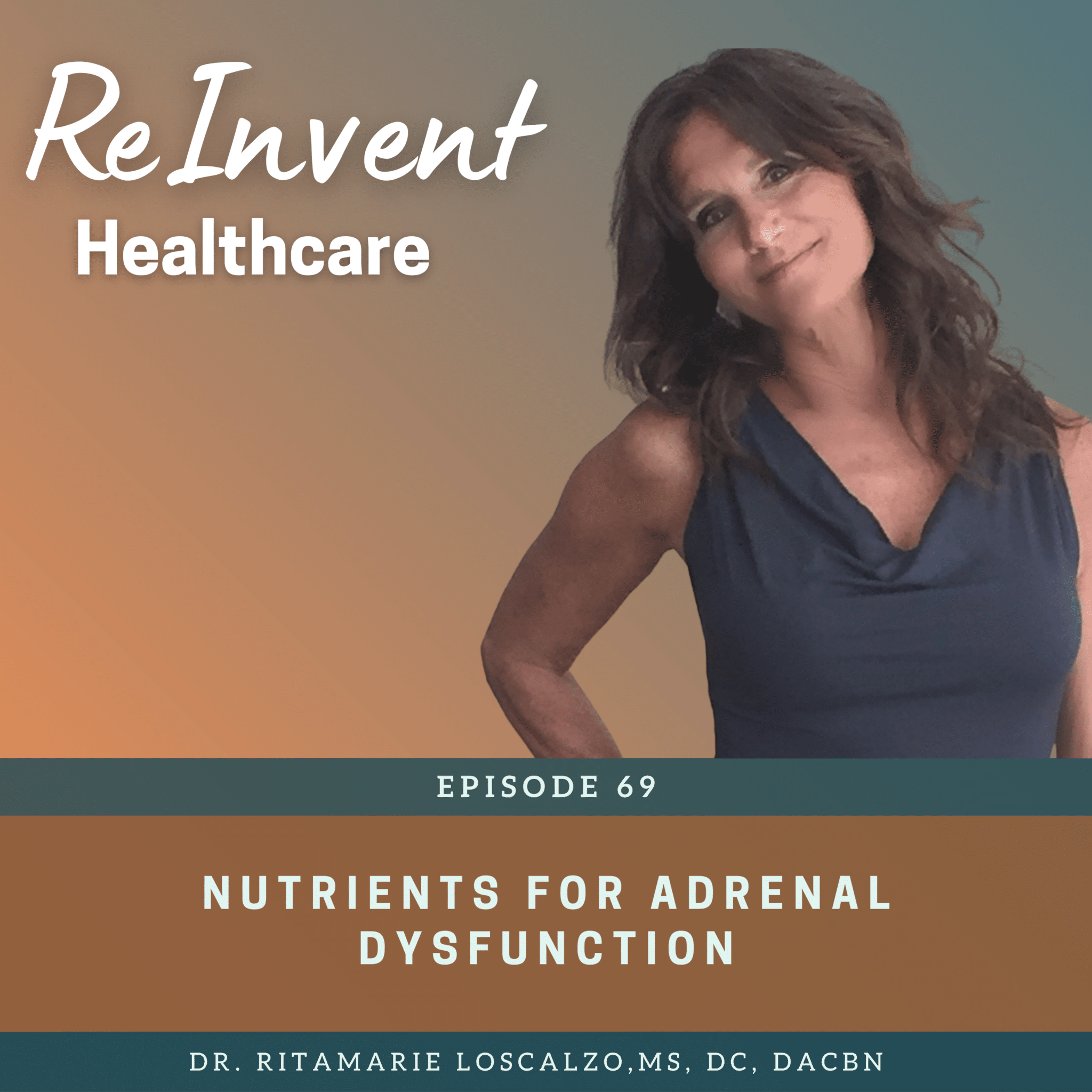Nutrients for Adrenal Dysfunction

Nutrients for Adrenal Dysfunction
Nutrients play a crucial role in supporting optimal adrenal health. Adrenal glands, responsible for producing hormones like cortisol, require specific nutrients to function efficiently. Nutrients like vitamin C, B vitamins (particularly B5, B6, and B12), magnesium, and zinc are involved in adrenal hormone synthesis and regulation. Adequate intake of these nutrients can help maintain proper adrenal function, support stress response, and promote overall energy production. By understanding the impact of nutrients on adrenal health, we as healthcare practitioners can offer targeted dietary and supplementation recommendations to our patients, leading to improved adrenal function, reduced stress-related symptoms, and enhanced overall well-being.
Important Nutrients
Vitamin C: Essential for adrenal hormone synthesis and helps regulate cortisol levels, promoting healthy stress response.
B vitamins (B5, B6, and B12): Important for adrenal gland function and energy production. B5 helps convert cholesterol into many important hormones , B6 aids in neurotransmitter synthesis, and B12 supports nerve health.
Magnesium: Plays a role in regulating cortisol levels and supports relaxation. Adequate magnesium levels can help reduce stress and promote better sleep.
Zinc: Required for adrenal hormone production and assists in immune function. Zinc deficiency can lead to impaired adrenal function.
Omega-3 fatty acids: Possess anti-inflammatory properties, which can reduce stress-induced inflammation and support adrenal health.
Adaptogenic herbs: While not nutrients per se, adaptogenic herbs like ashwagandha, rhodiola rosea, and holy basil can help modulate the body’s stress response and support adrenal function.
The Benefit of Probiotics and Fermented Foods
Probiotics and fermented foods can provide several benefits for individuals with adrenal dysfunction. Some examples are for gut health support, stress response modulation, nutrient synthesis absorption, and reduced inflammation. Incorporating probiotics and fermented foods into the diet of your clients can offer support for adrenal dysfunction.
RESOURCES:
-
- Read through our FREE Resource Adrenal Guide.
- Get our FREE Guide to Taking a Detailed Health History that gets you to root causes with ease.
- Access Additional Resources for Practitioners ready to improve clinical outcomes through our Nutritional Endocrinology Practitioner Training.
- Watch our recorded Thyroid Adrenal Workshop here.
- Join my June 2-4, 2023 Nutritional Endocrinology Symposium here.






